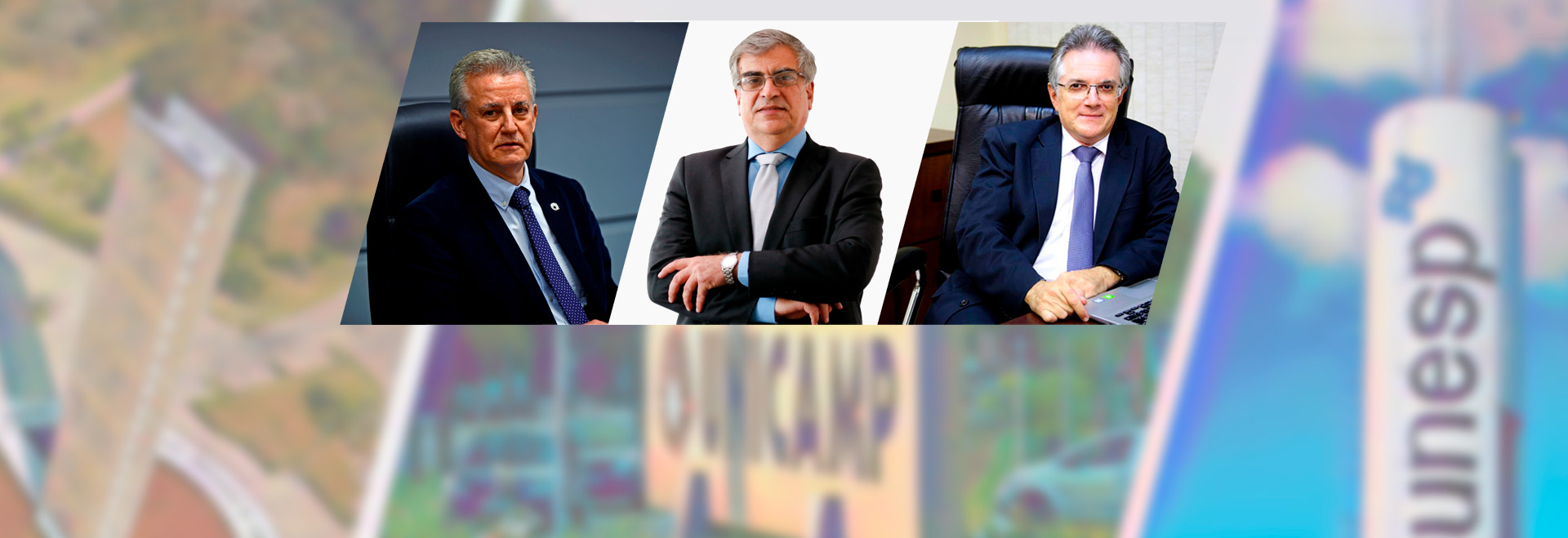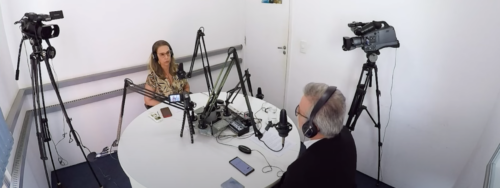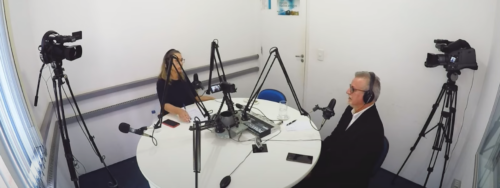Over the last few years, universities have played a leading role whose facets have multiplied in the same proportion as aberrations arising from the erratic conduct of central power have emerged. The clash, documented in hot water, was arduous. The disqualification of the higher education system was at the heart of the government's ideals.
Systematic attacks on science, research and debate have manifested themselves through numerous deleterious actions, from the contingency of funds to inappropriate speeches by representatives who should care for the public good. In this context, the broth of intolerance and the belligerent environment were forged.
In a scenario of institutional fraying and the breakdown of public policies, universities, many of which were torpedoed by untruths and budget cuts, became a shield for incivility. The resistance fronts created in the academy, regardless of their nuances and motivations, played a historic role.
In the list of scientific contributions, some stood out due to the urgency required by the gravity of the moment, both in the field of action and in the field of ideas. It is worth mentioning, among the examples, the fight against denialism, the confrontation with the covid-19 pandemic and the warnings about positions with authoritarian inclinations.
In the latter case, the episodes recorded on January 8 in Brasilia are revealing. The acts of vandalism not only materialized the leitmotiv of the extreme right, but also demonstrated that the enemies of the Democratic Rule of Law, nostalgic for a recent period of sad memory, had acquired the necessary confidence to act in the light of day.
The terrorist offensive, which mobilized civil society and received a quick response from institutions in the three spheres of power – not by chance the preferred targets of criminals – leaves lessons to be learned. History shows that, paradoxes aside, traumatic situations have the ability to perfect a vast repertoire of values, including democratic ones.
The academy, whose reaction to the onslaught of the coup was also immediate, has a lot to infer from the events in Praça dos Três Poderes. In addition to carrying out its mission of disseminating knowledge, it becomes imperative to join forces to mitigate and, ultimately, quell potential threats that lie ahead.
It is not new that the three state universities of São Paulo have been acting jointly on key issues of national life. Aware of their role, Unicamp, USP and Unesp will maintain their leading role in the uncompromising defense of democracy and the principles that guide them.
Antonio José de Almeida Meirelles is rector of Unicamp and president of the Council of Rectors of São Paulo State Universities (Cruesp)
Carlos Gilberto Carlotti Junior is president of USP
Pasqual Barretti is rector of Unesp



